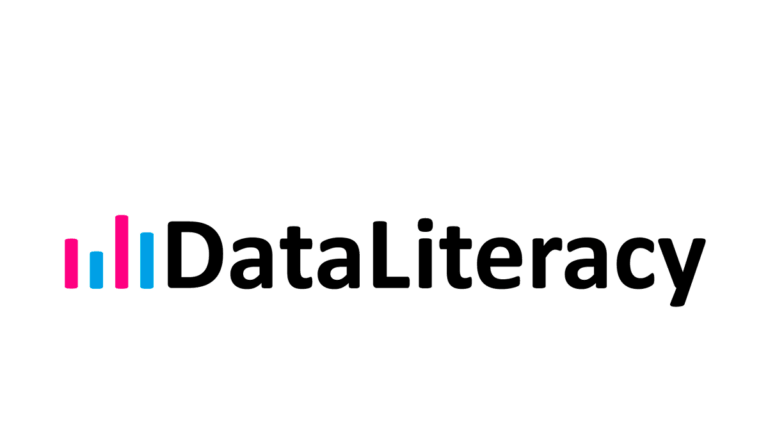The study “DaLi – Digitale und datenbezogene Kompetenzen in Deutschland” (DaLi – Digital and Data-Related Competencies in Germany) takes a look at the data literacy competencies of the German population. It covers the central, fundamental knowledge and skills that are regarded as prerequisites for the competent use of digital information and data in everyday life. Two goals are being pursued: Representative long-term monitoring of the German population: recording the digital and data-related skills of the German population aged 10 to 69 using representative, recurring cross-sectional samples. For this purpose, a representative random sample of 6,000 people will be surveyed and tested every four years, starting in the fall of 2023. This will allow changes in knowledge levels, specific strengths and weaknesses, and their conditions to be measured over the years. Individual longitudinal observation of young people from the 6th grade onwards: In addition, a longitudinal observation of the individual development of digital and data-related skills of young people from the 6th grade onwards will be carried out over a period of several school years. For this purpose, a sample of 5,000 adolescents will be monitored at two-year intervals starting in the fall of 2023 from the 6th grade onward. This will make it possible to observe individual developments in the interplay of school, family and other factors and to identify factors that promote or hinder development in order to obtain starting points for support and relevant contextual conditions. The project was commissioned by the Leibniz Institute for Educational Progress (LIfBi), Bamberg, and is funded by the German Federal Ministry of Education and Research (BMBF).

